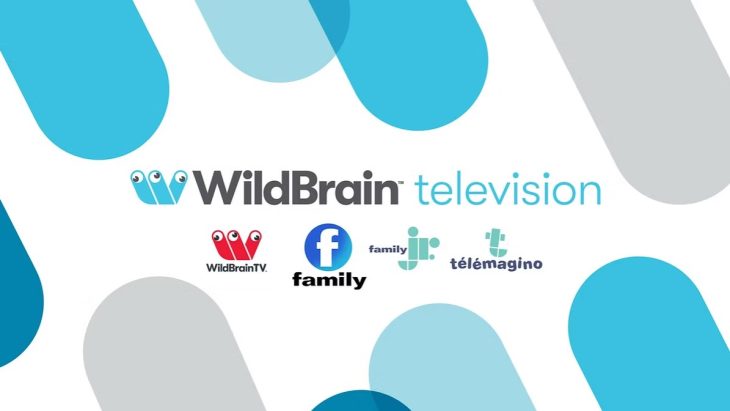
By Ahmad Hathout
WildBrain has lost another undue preference case against a broadcaster it alleged was giving a leg up to its main competitor in the children’s programming space.
The CRTC on Thursday denied the Toronto-based media company’s September application to find Rogers was preferencing Corus’s services – Cartoon Network, Boomerang, and Nickelodeon – and those from Disney+ over its own by the way it marketed the services.
“Rogers as a BDU is carrying services from companies, including companies it competes with in other ways (such as Corus),” the CRTC said in its decision. “BDUs are permitted to make business decisions that are consistent with the regulatory framework. The Commission recognizes that some of these decisions may have an impact on programming services but that they do not necessarily constitute an undue preference or disadvantage. To find otherwise would fundamentally undermine the business model of BDUs, as well as the ability of BDUs to make affiliation agreements.”
The commission is now asking the two parties to return to the negotiating table and make a deal, if possible.
The decision represents another blow to WildBrain, which had a similar application against Bell rejected by the commission in March. That denial meant WildBrain needed to renegotiate aspects of a deal to sell a portion of its TV business, including the four channels in question – Family Channel, Family Jr., WildBrainTV, and Télémagino – because Bell planned to remove the channels.
Cartt reported that the day after it announced the renegotiation, WildBrain filed an application in the Ontario Superior Court claiming that Bell failed to properly terminate the carry agreement. It is asking the court to order Bell to resubmit the notice of termination, which would give the media company a statutory carry extension of 180 days.
The CRTC is currently reviewing the relationship between programmers and distributors, with one point of focus being on what to do about children’s services. The commission noted in Thursday’s decision that the “with the increasing availability of content on online platforms, Canadians face a corresponding increase in choice with respect to their viewing habits.”
It’s a point that has been emphasized by Rogers, which has said that it has had to make business decisions on linear based on the fact that eyeballs on such content are moving online.
Earlier this month, in fact, Corus, which is embroiled in a distribution fight with Rogers, told us it was pulling the plug on some children’s services come September 1.



